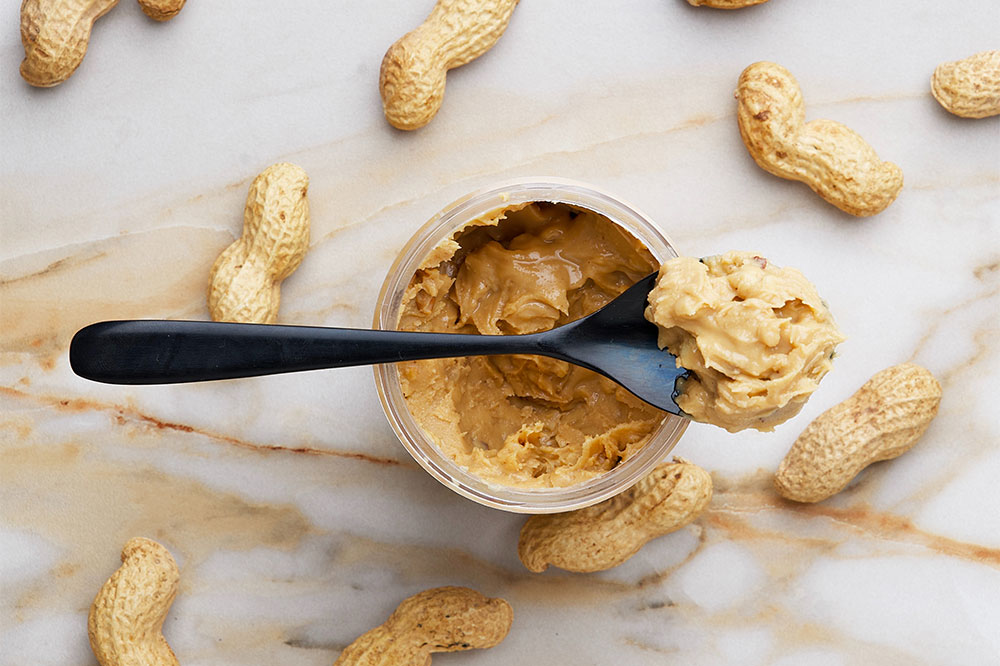Top 5 tasty foods for a healthy heart

Food is an integral part of daily life, and everyone has their own preferences when it comes to it. Sadly, the common belief is that healthy food is tasteless, and the options are limited. As a result, many tend to choose unhealthy foods, leading to unhealthy habits. However, it isn’t true. Nutrition and taste can be found in the same food. This article talks about five foods that keep the heart healthy.
Peanut butter
Fat has always been viewed in a bad light, and that is unjust towards the good quality fats found in foods to keep the heart healthy. Peanut butter is a heart-healthy food that packs high-quality fats and does not contribute to the deposition of bad cholesterol or LDL. It is safe to have it in moderation and add it to smoothies, shakes, breakfast menu, oatmeal, or whichever way preferred.
Coffee
Like most foods that keep the heart healthy, coffee is rich in antioxidants. These antioxidants have proven fundamental in enhancing heart health and preventing health concerns like Alzheimer’s and diabetes. Additionally, caffeine is also helpful in increasing the rate of protein mobility to the heart cells. The protein is delivered to the heart participates in the repair of heart muscles and makes them stronger.
Dark chocolate
Chocolates have often been met with a bad reputation. We have heard about its decaying effects as kids and stuck to that belief as adults. However, not all fat is bad, and not all chocolates are bad. You can opt for dark chocolate, as it is among foods that keep the heart healthy. The flavonoids found in dark cocoa have been shown to positively impact blood pressure and help reduce the risk of calcification.
Avocados
A major cause of heart disease is LDL or bad cholesterol, and it can cause blockages in the heart. Various studies have shown that consuming avocado in the right proportions can help decrease LDL levels in the blood. The fruit packs high amounts of minerals like potassium, which is functional in the lowering of blood pressure. Avocado also belongs on the list of foods to keep the heart healthy as it is devoid of sodium, further contributing to a healthy heart.
Berries
Tasty, juicy, and tangy berries are often praised for their high antioxidant content. They add color and taste to breakfast bowls, mid-day snacks, and smoothies. But are they fit to be on the list of foods to keep the heart healthy? Berries pack high quantities of essential minerals and vitamins along with antioxidants. They are also responsible for increasing the amount of good quality cholesterol or HDL in the blood. This, in turn, decreases the risk of heart diseases or complications that can arise from high blood pressure.
Hemophilia and cardiovascular disease
People with hemophilia have a high risk of cardiovascular issues. Certain risk factors include hypertension, obesity, hypercholesterolemia, diabetes mellitus, and a family history of cardiovascular disease (CVD). The risk is higher in hemophilia patients with lifelong hypocoagulability. This may be caused due to reduced thrombus formation that could result in increased atherosclerotic plaque stability. A contributing factor to CVD is also a prothrombotic state. High levels of fibrinogen, von Willebrand factor (VWF), and factor VIII are all associated with arterial thrombosis. The treatment of antithrombotic patients with hypocoagulability and high bleeding risk is considered a challenge in medical practice. The best way to manage hemophilia is by replacing the missing blood clotting factor. It’s done through injecting products called clotting factor concentrates. Doctors may also suggest antibiotics such as:
Kovaltry®
Kovaltry® is used to manage hemophilia A. It helps replace the missing clotting factor (Factor VIII or antihemophilic factor) in adults and children. Kovaltry® reduces bleeding episodes and is sometimes given after surgery.
HEMLIBRA
This is an antibiotic used for prophylaxis and prevents or reduces the number of bleeding episodes in hemophilia A patients. It is safe to consume for adults, children, and babies born with or without factor VIII inhibitors.